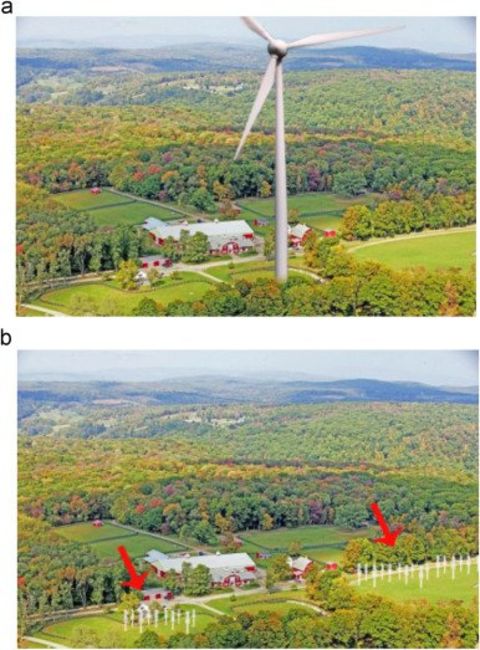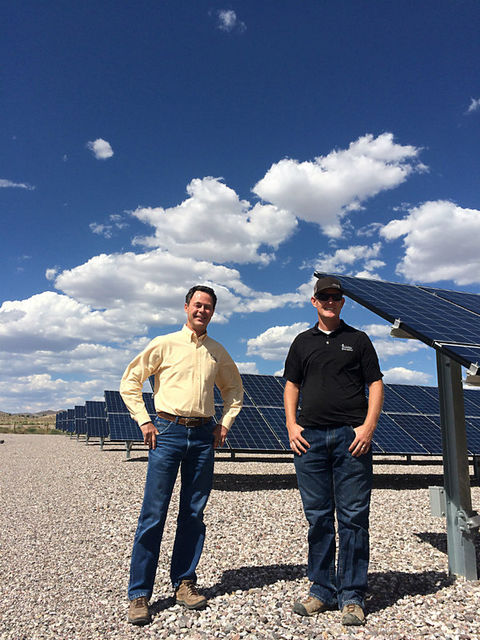Energy

Our energy research addresses the impact of energy policies on growing climate concerns, with the goal of increasing regional resiliency. We frequently partner with the Stanford Precourt Institute for Energy on these endeavors. Recent energy projects include:
- U.S.-Mexico Energy Water Nexus Project - This project represents the Center's efforts to support the State of California’s commitment to tackling climate change and work together with its southern neighbor, Mexico. It explores water management and energy policy in the context of climate change and analyzes the best framework for addressing their mutual impacts.
- Vertical Axis Wind Turbine Project - In 2019, we looked at public opinion toward the implementation of two different types of wind turbines in the U.S. and China. Vertical and horizontal wind turbines have different advantages and disadvantages. The comparison of these different technologies tested the sensitivity of public receptiveness to particular design features.
- Wildfire Mitigation Data Systems Project - This project by student researchers Alex Evers and Prateek Joshi started as a summer internship with the Western Interstate Energy Board and is focused on creating a Western Interconnection Wildfire Mitigation Data System (WMDS). The research proposes that data on ignition events and probable ignition events be collected from electric utilities throughout the Western Interconnection and aggregated into a regional data system. The goal is to reduce the occurrences of utility-caused wildfires throughout the West by sharing best practices for wildfire mitigation based upon analysis of the compiled data.
Subprojects
Related Works
October 2017





